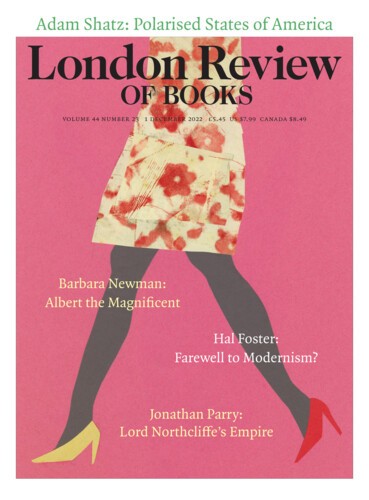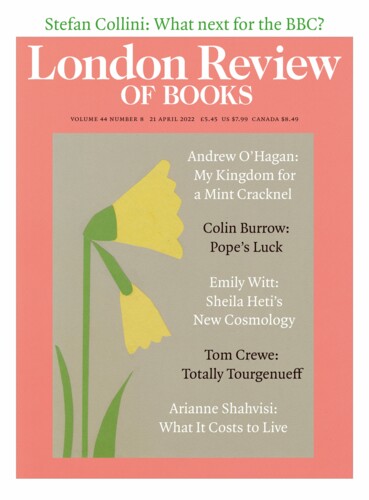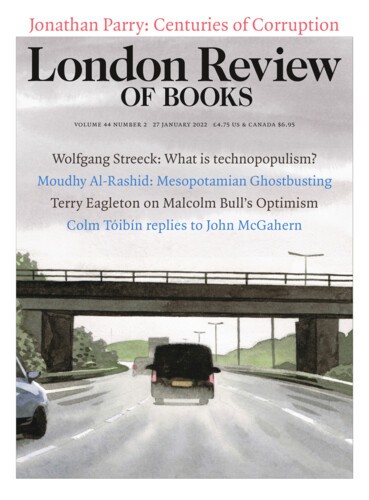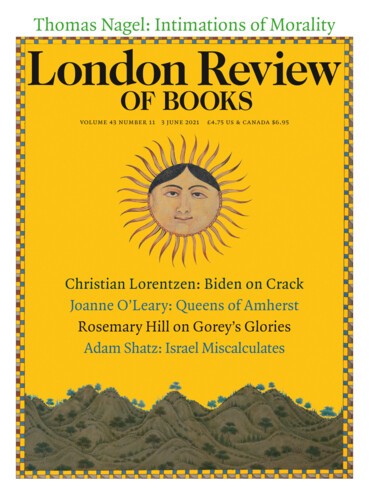Thirty-Eight Thousand Bunches of Sweet Peas: Lord Northcliffe’s Empire
Jonathan Parry, 1 December 2022
‘Do dogs commit suicide?’ ‘Can monkeys smoke?’ ‘An electrical flying machine?’ Those who were intrigued by such matters in 1888 sought enlightenment from a new weekly magazine, Answers to Correspondents, which also explained ‘How to Cure Freckles’, ‘Terrors of Top Hats’, and ‘The Destiny of Lost Luggage’. The...





